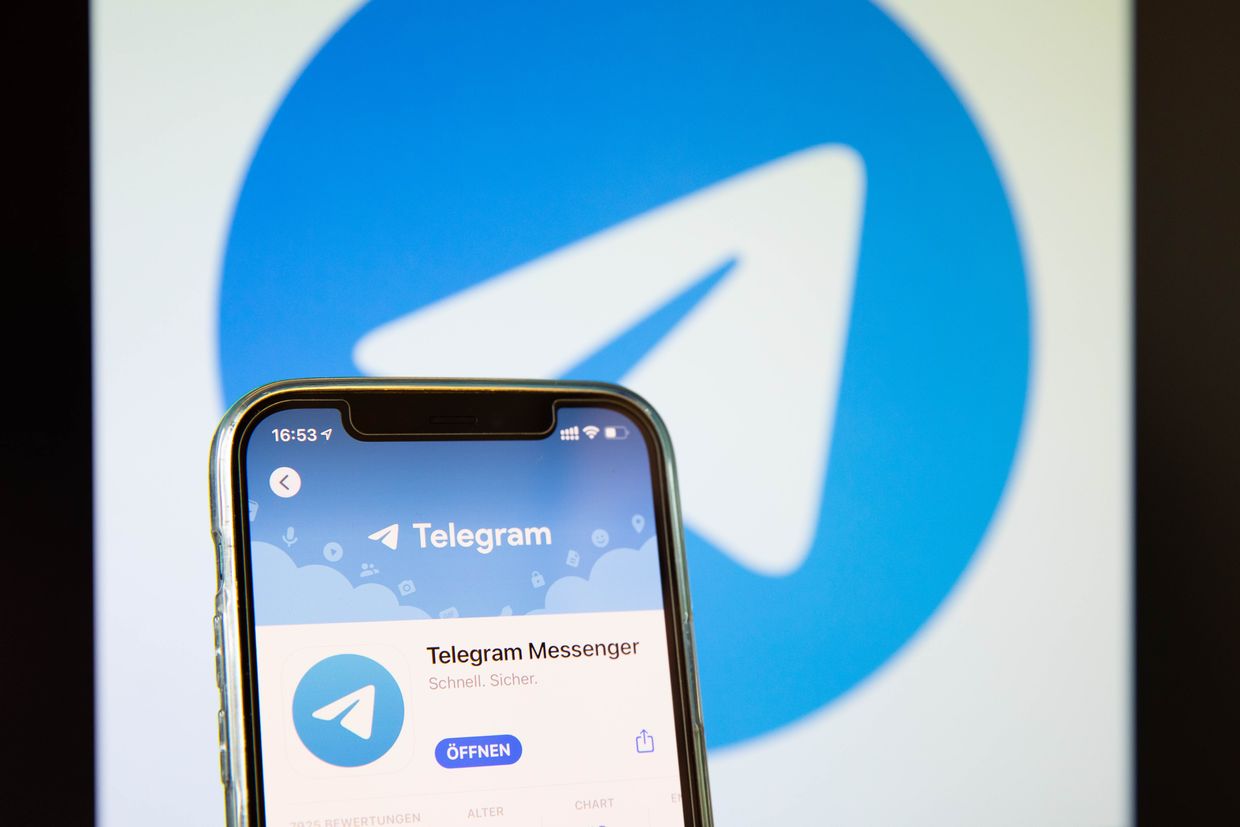Telegram chatbots of Ukraine's military intelligence agency (HUR), the Security Service of Ukraine (SBU), and the Digital Transformation Ministry were restored on April 29 after being previously blocked.
The chatbots, which are primarily used to gather information on Russian troops in occupied territories, disappeared from Telegram on April 28.
Ukraine's Center for Strategic Communications and Information Security reported on their restoration at around 10 a.m. local time the following day.
In total, three of Ukraine's government Telegram chatbots were blocked. This included the chatbot of Ukraine's military intelligence agency, t.me/gur_official_bot, whose purpose is to cooperate with people on the Russian-occupied territories to oppose Russian forces.
This chatbot allows people to pass on information about the Russian military positions, equipment, air defenses, movement of troops, and more.
The chatbots of the SBU and the Digital Transformation Ministry, t.me/stop_russian_war_bot and t.me/evorog_bot, which perform similar functions, were also temporarily unavailable.
Ukraine's military intelligence agency reacted to the blocking of its channel, calling the decision by Telegram's management "unreasonable."
The agency also added that Russia could create chatbots with similar names for disinformation purposes.
Yaroslav Yurchyshyn, the head of the Ukrainian parliament's Committee on Freedom of Speech, claimed that the Russian Federal Security Service's (FSB) pressure was behind the block.
According to Yurchyshyn, Ukraine previously "found a solution" to blocking Russian propaganda on Telegram in collaboration with Apple, and it could lead to the introduction of the restrictions.
Pavel Durov, the Russian-born founder of Telegram, said last week that Ukrainian users of iPhone would face "inevitable changes" in Telegram operations allegedly due to updated Apple policies.
Durov also suggested at the beginning of Russia’s full-scale invasion, restricting "Telegram channels in Russia and Ukraine because they were being used for military propaganda," but Russian and Ukrainian users "vehemently opposed restrictions."
According to Durov, Telegram blocks accounts and chatbots that collect data aiding strikes or call for violence.
Ukraine's military intelligence chief Kyrylo Budanov said in March that Telegram poses risks because "any person can create a channel and start writing whatever he wants on it," but it also presents certain benefits, namely, in communicating with people from occupied regions.














